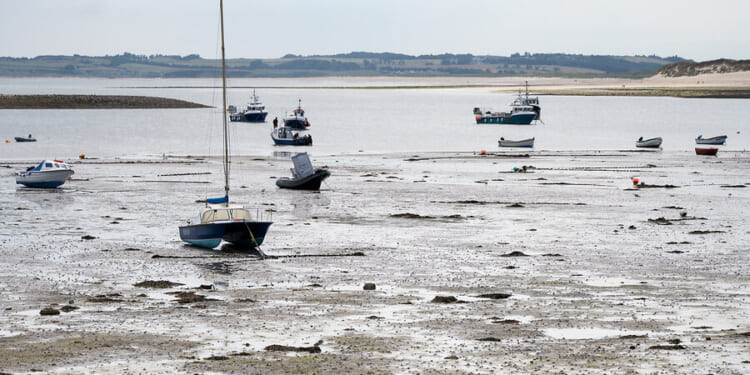In 2019, at the peak of her power, Nicola Sturgeon heralded Scotland as “a feminist place to be.” It was the kind of slogan that made for a shiny news-bite and polished up an enviable international image as a leading progressive.
Five years on, the stitching has come apart completely.
Sturgeon’s so-called feminist utopia was never built on solid ground. Remember Isla Bryson, the male double rapist in a wig, placed in a women’s prison because he “identified” as female? Instead of fighting for women’s safety, Sturgeon championed the principle of “self-ID” and pushed a bill to enshrine it in law even as public outrage surged. (Several pieces in The Critic addressed her folly on this issue.)
Years later, on a press tour for her memoir Frankly, Sturgeon admits she “mishandled” gender reform and “underestimated” public concern. It sounds less like a moment of conviction and more like a perfunctory footnote — an acknowledgment made only after the cultural tide turned.
But the damage was already done. Sturgeon herself helped create the toxic discourse she now laments, branding women “transphobic,” “homophobic,” and “possibly … racist” for voicing concerns about their own safety and dignity. Voices that should have shaped policy were instead silenced, and Scotland’s feminist debate became a polarised shouting match.
We know how Sturgeon feels about men pretending to be women. But what about actual females? The data tells a grim story. Under her watch, the number of Scottish women who felt abortion was their “best option” rose dramatically — from about 12,000 per year in 2014, to over 16,500 in 2022. Women in deprived areas are impacted disproportionately. Why do so many more women feel they can’t continue their pregnancies and pursue motherhood? They’re being failed — something is going seriously wrong.
And the statistics on women’s wellbeing tell their own bleak tale. According to Orkney-based psychiatrist Dr Linda Gask, women in Scotland are twice as likely as men to suffer from depression and anxiety. Mental health provision remains inconsistent, leaving thousands without timely help. Support for post-natal depression remains a gaping hole.
Even the nation’s political heart seems inhospitable to women. Just last week, Deputy First Minister Kate Forbes announced she would withdraw from politics entirely, citing the impossible challenge of combining motherhood with parliamentary life. How, in managing to be so “inclusive” to everyone else, has Holyrood failed to include mothers?
The truth is unavoidable: Nicola Sturgeon left a Scotland where women’s safe spaces are under threat, her most talented female colleague has been driven out, and equality rhetoric has outpaced reality by miles.
Scotland’s women deserved more than a cheap slogan and a tartan fairy tale. They deserved leadership that defended women’s safety, valued motherhood, and delivered on promises to support them. Instead, they got a legacy of division and disillusionment — a cautionary tale masquerading as progress.











